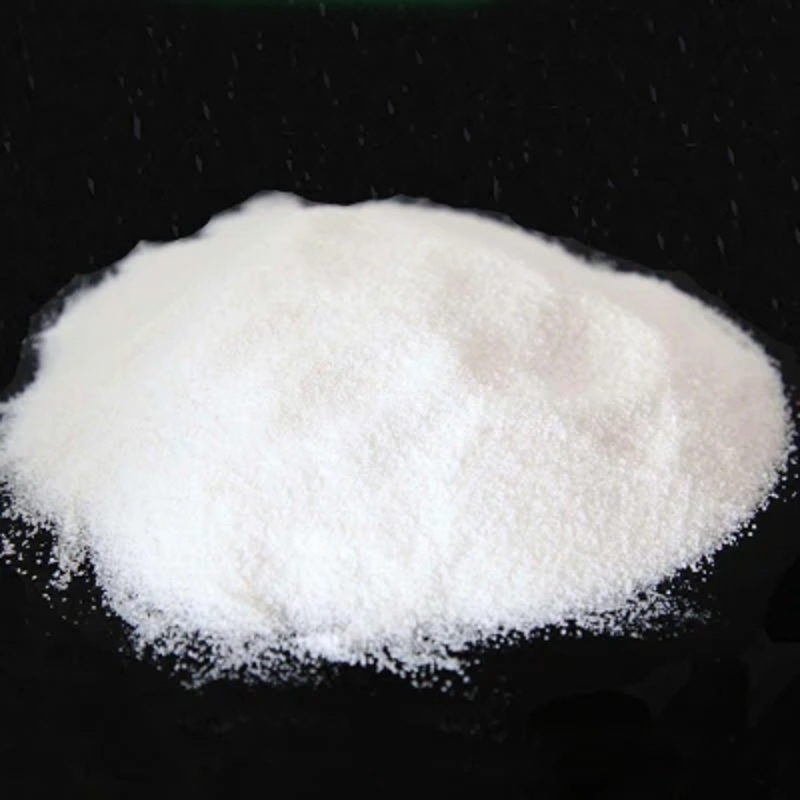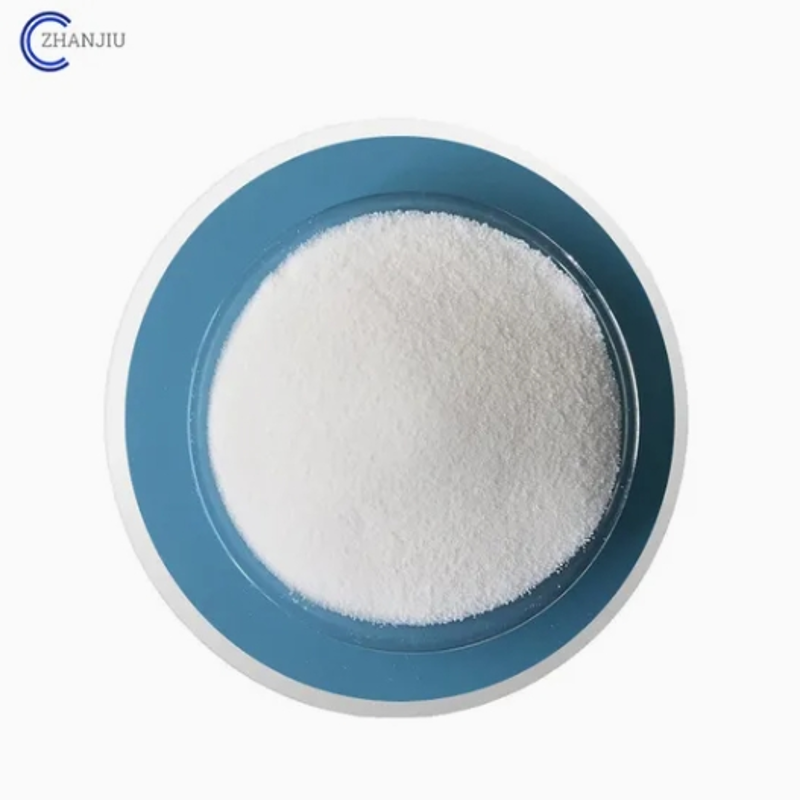-
Categories
-
Pharmaceutical Intermediates
-
Active Pharmaceutical Ingredients
-
Food Additives
- Industrial Coatings
- Agrochemicals
- Dyes and Pigments
- Surfactant
- Flavors and Fragrances
- Chemical Reagents
- Catalyst and Auxiliary
- Natural Products
- Inorganic Chemistry
-
Organic Chemistry
-
Biochemical Engineering
- Analytical Chemistry
-
Cosmetic Ingredient
- Water Treatment Chemical
-
Pharmaceutical Intermediates
Promotion
ECHEMI Mall
Wholesale
Weekly Price
Exhibition
News
-
Trade Service
27 (Sputnik) -- Japan and Russia have signed an annual agreement on a 200-nautical-mile fishing limit, which stipulates that they will jointly reduce their catches
, the Japan Fisheries Agency said.
According to the agreement, Russian fishermen can catch 40,000 tons of mackerel (45,000 tons this year), 8 tons of Far Eastern sardines (20 tons this year) and 2 tons of cod (10,000 tons this year)
in Japan's 200-nautical-mile economic zone.
As a result, the catch will be reduced from 75,000 tonnes to 50,000 tonnes
.
The number of fishing vessels allowed into Japan's economic zone remained unchanged at 89
.
in Japan's 200-nautical-mile economic zone.
As a result, the catch will be reduced from 75,000 tonnes to 50,000 tonnes
.
The number of fishing vessels allowed into Japan's economic zone remained unchanged at 89
.
Compared to this year, Japanese fishermen will catch 25,000 tons less in Russia's 200-nautical-mile economic zone next year: 31,824 tons of saury (56,424 tons this year), 5,619 tons of Pacific squid (unchanged) and 3,200 tons of Pacific cod (1,600 tons this year).
The number of fishing vessels allowed into the Russian economic zone remained unchanged at 585
.
The number of fishing vessels allowed into the Russian economic zone remained unchanged at 585
.
Since 1984, Russia and Japan have held annual fishing quota negotiations
.
.







